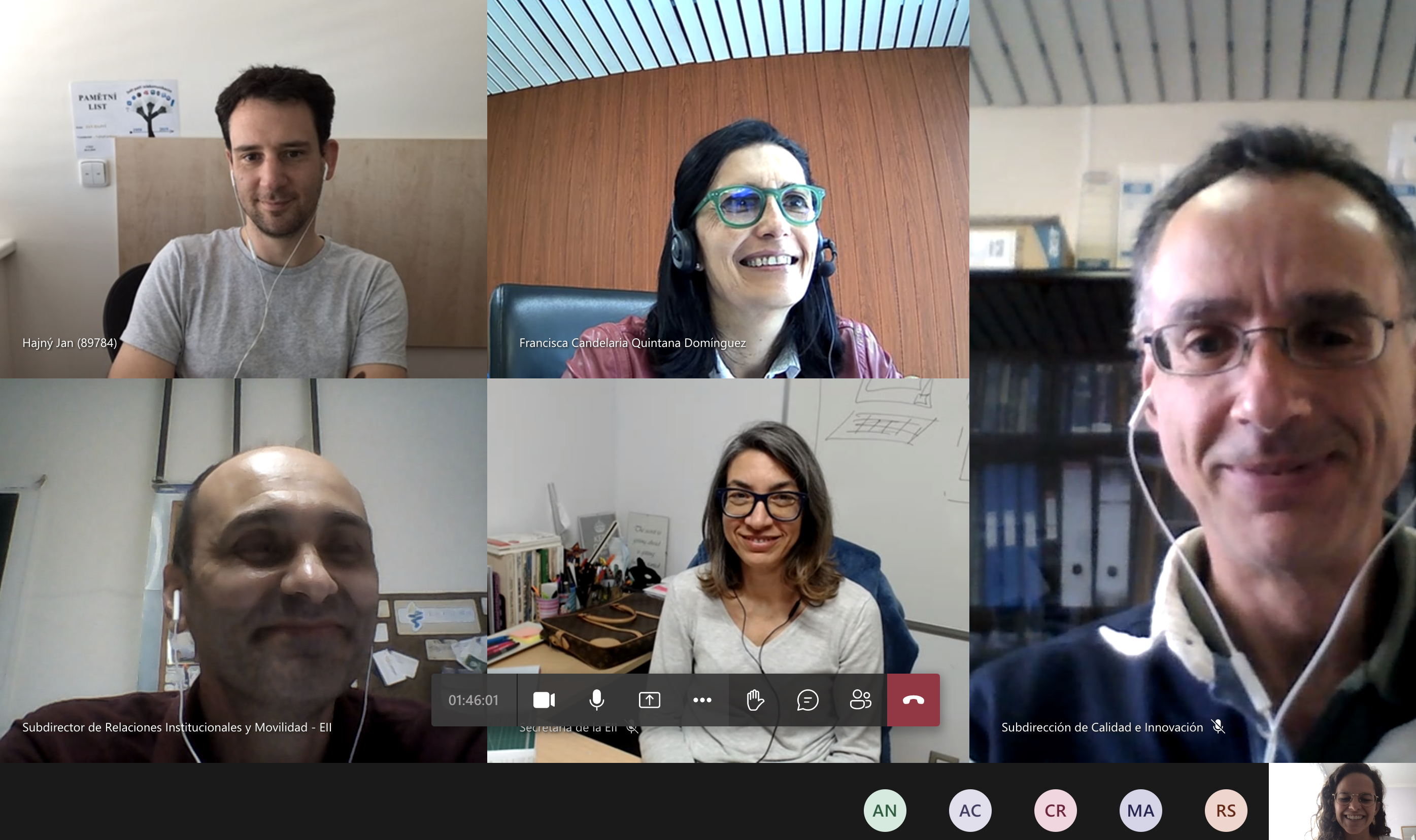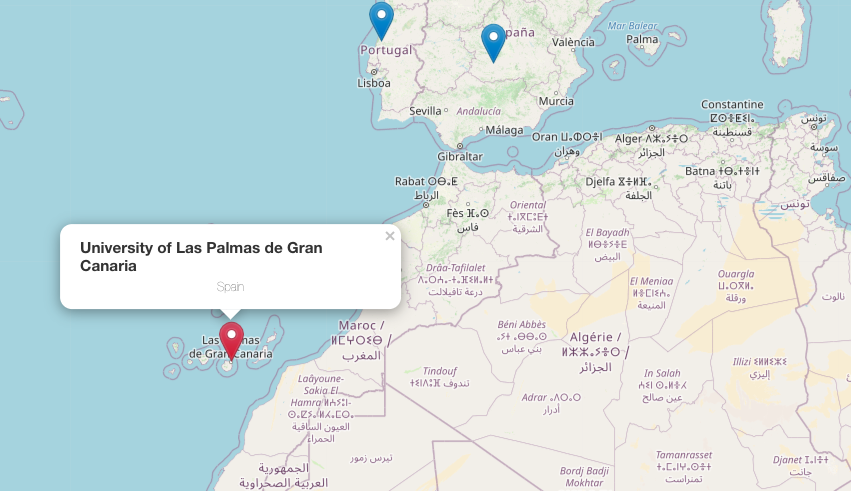Universidad de Las Palmas de Gran Canaria & SPARTA Cybersecurity Curricula Designer
7th Jun 2021
Today we are happy to share with you that, within the context of the Go Cyber with SPARTA campaign, promoted by WP12 – Dissemination and Communication – and leveraged by WP9 – Cybersecurity Training and Awareness, SPARTA has delivered a workshop on how to successfully design and implement a bachelor study program on cybersecurity to the University of Las Palmas de Gran Canaria (ULPGC).
The first session of the workshop started off with a brief presentation of the SPARTA project, the *Go Cyber with SPARTA** campaign and the far-reaching work of the WP9, that already counts with the deployment of a Cybersecurity Skills Framework, a user- friendly Cybersecurity Education Map and an intuitive Cybersecurity Curricula Designer, a tool that connects education providers with cybersecurity job market.
The second session, led by Edmundas Piesarskas, was dedicated to explaining the challenges that the EU is facing in the cybersecurity domain and how a Cybersecurity Skills Framework is part of the response to the skills gap challenge. Here we explained how NICE framework was used as the input material (having a high level of detail, consisting of over 1000 “tasks” and 600 “knowledges”), along with the JCR Taxonomy, and adapted to the EU landscape. We explained how the applicability to academia and the industry were tested by practical applications for analyzing and creating curricula. More was explored in details, such as the recommendations of national bodies, computational associations, standardization organizations, ENISA, ECSO, CyBOK, etc.
The third session, led by Jan Hajny, was a practical workshop on how to use the Education Map application for searching and getting information about cybersecurity education providers worldwide.
Sara Ricci led the fourth session on how to build a successful cybersecurity study program, taking into account the current courses that the ULPGC has to offer and their needs. Sara presented the results of the team’s Curricula Statistical Analyses to the ULPGC, and presented what was needed to create a good-practice cybersecurity bachelor degree on cybersecurity. This involved (1) a review on curricula’s good-practices, (2) a set of recommendations on courses to be included in bachelors, and the (3) presentation of examples on how to adapt current courses and expertise domains to a bachelor on Cybersecurity. Sara made also a practical example, using the data about the ULPGC courses imported to the Curricula Designer.
The workshop ended with the common will to establish a Cybersecurity bachelor degree on ULPGC, in a collaborative effort with SPARTA.

*If you have not heard of it yet, the campaign is a coordinated action to raise cybersecurity awareness and engagement in Europe’s Outermost Regions (ORs), aiming to forge a win-win collaboration where diversity and inclusion is at the foreground. The campaign has been designed to contribute to the EU strategy for the ORs on digital accessibility and ICT use and to help to create a diverse and bigger cybersecurity workforce.
